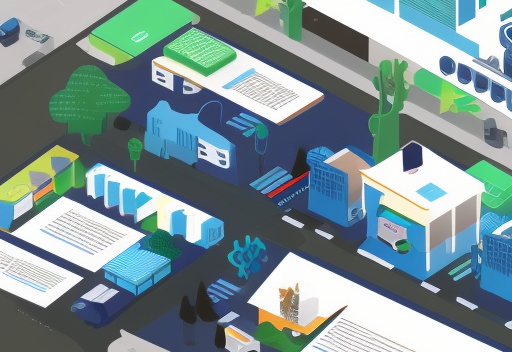
As a local innovator, it’s important to build relationships and connections with others in your field and to leverage the expertise and resources of others to advance your work. Networking and collaboration can help you to find new opportunities and insights, access a broader range of expertise and resources, and find new perspectives and approaches.
Let’s explore 10 ways in which networking and collaboration can benefit local innovators like you.
- Build Relationships and Connections: Networking and collaboration can help local innovators to build relationships and connections with others in their field, which can lead to new opportunities and insights. Through engaging with others and building a network of contacts, local innovators can increase their visibility and reach and can open up new doors for their work.
- Access a Broad Range of Expertise and Resources: Networking and collaboration can provide access to a broader range of expertise and resources, which can help local innovators to develop their work more effectively. While working with others, local innovators can tap into new sources of knowledge and can leverage the skills and resources of others to help advance their work.
- Find New Perspectives and Approaches: Working with others can help local innovators to find new perspectives and approaches to problem-solving, and can lead to more innovative solutions. Collaborating with others can help local innovators expand their thinking and can explore new ideas and approaches that they might not have considered on their own.
- Build Support and Increase Visibility: Collaboration can help local innovators to build support for their work and can increase the visibility and impact of their efforts. Networking avenues can help innovators reach new audiences and gain more exposure for their work, which can help to amplify its impact.
- Build Trust and Credibility: Networking and collaboration can help local innovators to build trust and credibility with others, which can be beneficial for future collaborations or partnerships. By working with others and establishing themselves as reliable and trustworthy partners, local innovators can set the stage for future collaboration and can increase their chances of success.
- Learn from Others and Share Knowledge: Collaboration can provide opportunities for local innovators to learn from others and share their own knowledge and expertise. Communal knowledge development helps innovators gain insights from the experiences of others, which can help to inform their own work.
- Identify Potential Partners and Allies: Networking and collaboration can help local innovators to identify potential partners and allies who can help to advance their work. Community engagement can help local innovators identify potential collaborators and can work with them to achieve shared goals.
- Work on Larger, More Complex Projects: Collaboration can provide opportunities for local innovators to work on larger, more complex projects that they might not be able to tackle on their own. By working with others, local innovators can leverage the expertise and resources of others to take on more ambitious projects and make a greater impact.
- Build Networks of Support and Establish Thought Leadership: Networking and collaboration can help local innovators to build networks of support and to establish themselves as thought leaders in their field. By growing their influence in innovation communities, local innovators can build a reputation for themselves and can become go-to sources for information and insights in their field.
Networking and collaboration can provide a range of benefits for local innovators, including building relationships and connections, accessing a broad range of expertise and resources, finding new perspectives and approaches, building support and increasing visibility, building trust and credibility, learning from others, and sharing knowledge, identifying potential partners and allies, working on larger, more complex projects, and building networks of support and establishing thought leadership. Engaging with others and building a network of contacts can help local innovators increase their chances of success and can make a greater impact in their communities.




